The right questions can turn an average trip into an unforgettable experience.
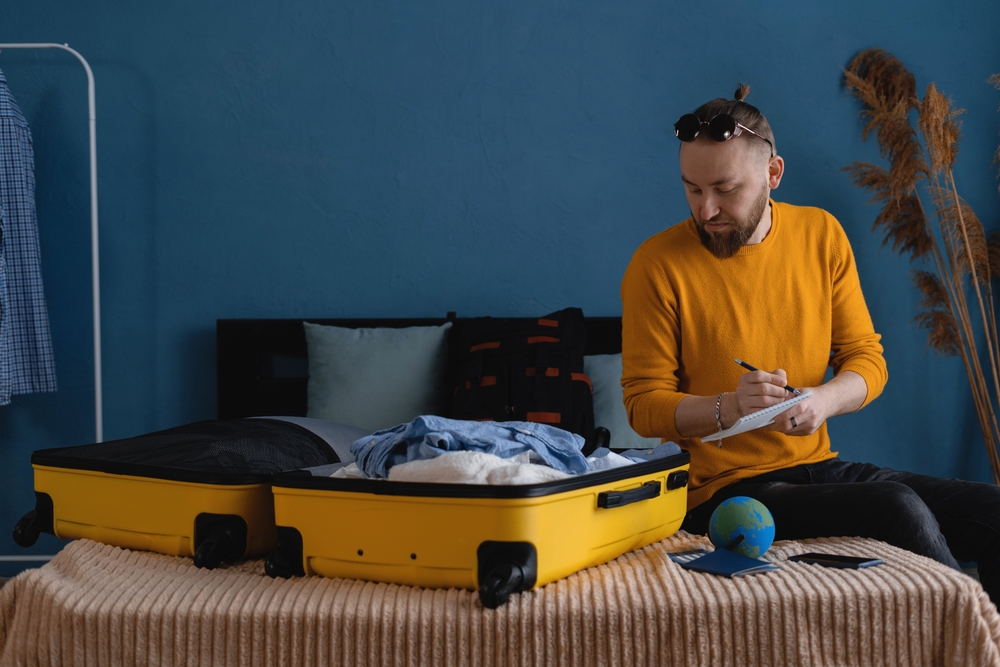
Traveling abroad isn’t just about booking flights and packing bags—it’s about making smart decisions before and during your trip. While spontaneity has its perks, asking the right questions ahead of time can save you money, keep you safe, and help you experience a destination like a local. The travelers who consistently have the best trips aren’t necessarily the most adventurous or experienced—they’re the ones who know what to ask.
Whether it’s figuring out the best way to exchange money, knowing how to avoid tourist traps, or learning the unspoken cultural norms, a few well-placed questions can make all the difference. These aren’t just minor details—they’re the key to traveling smarter, reducing stress, and making sure you get the most out of every trip. Before you set off on your next adventure, these 11 essential questions will help you plan better, travel with confidence, and avoid common pitfalls.
1. What’s the best way to get local currency without paying high fees?

Exchanging money at the airport or withdrawing cash from an unfamiliar ATM can cost you way more than necessary. Some travelers lose hundreds in unnecessary fees just because they didn’t ask about the best way to handle currency, according to Alexis Konovodovvof Wise.com.
Instead of using airport kiosks or hotel exchanges, check if your bank has international partnerships that offer fee-free withdrawals. Many countries also have a preferred method of payment—some rely heavily on credit cards, while others are cash-centric. Knowing this in advance helps you avoid scrambling for the right payment option at the last minute.
2. Are there cultural customs I need to know before I go?

What’s considered polite at home could be offensive in another country. Something as simple as tipping, making eye contact, or how you greet someone can set the tone for your interactions, according to Noreen Kompanek of Travel Pulse . The best travelers take the time to understand the unspoken rules of a culture before arriving.
Researching basic etiquette—like whether to remove your shoes before entering a home or how to accept a business card—shows respect and helps you avoid awkward missteps. Locals appreciate when visitors make an effort, and being aware of cultural norms can lead to more meaningful connections and smoother experiences.
3. What’s the safest way to get around?
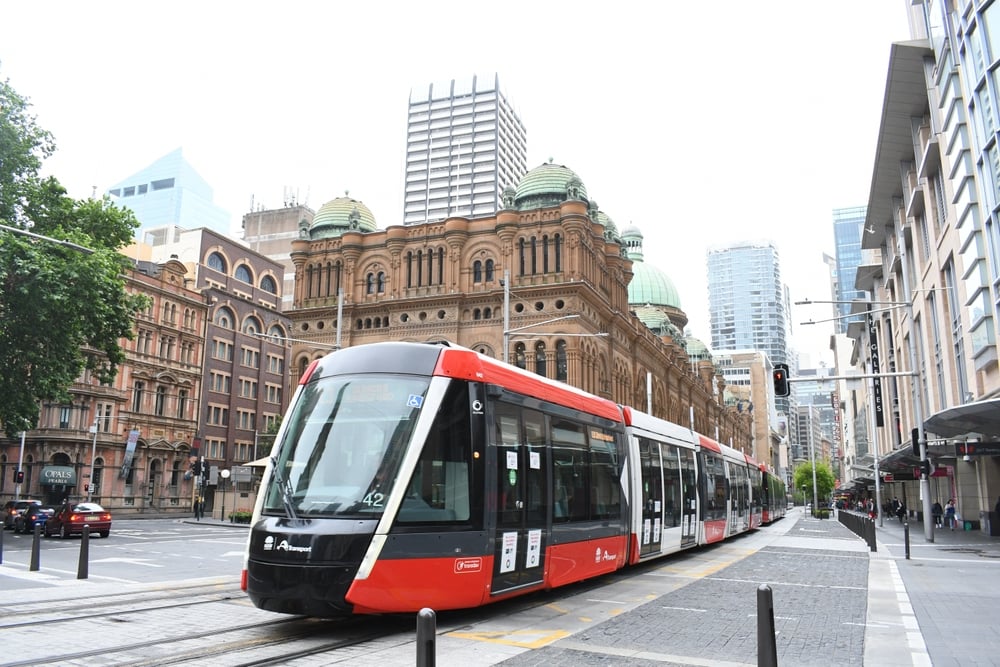
Not all cities have reliable public transportation, and some taxi drivers take advantage of tourists who don’t know the going rates. Without doing your homework, you could end up overpaying, getting lost, or putting yourself in an unsafe situation.
Ask about the safest and most cost-effective ways to navigate your destination. Rideshare apps, prepaid transport cards, and official taxi services can be great options, but they’re not universal. Some places rely on motorbikes, tuk-tuks, or local bus systems that may be unfamiliar but perfectly safe and cheap if you know how they work, as stated by Tina Donvito of Readers Digest.
4. What common tourist scams should I watch out for?
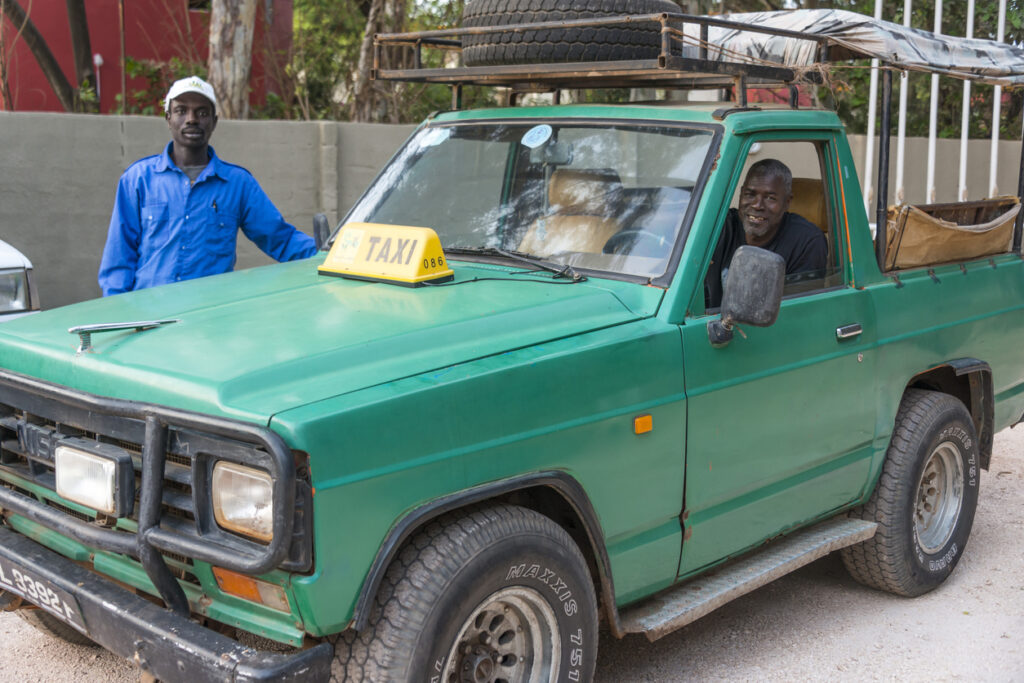
Every major tourist destination has its share of scams, and they tend to target travelers who don’t know what to expect. Fake taxi meters, overpriced souvenirs, distraction pickpocketing, and even friendly strangers offering “help” can all be tactics to separate you from your money.
A little research can go a long way in avoiding common pitfalls. Forums, travel blogs, and local tourism websites often have updated warnings about the latest scams in popular destinations. If something feels too good to be true, it probably is. Asking hotel staff or other travelers about local scams can also help you stay one step ahead.
5. What are the hidden gems that most tourists miss?

Every destination has famous landmarks, but the real magic often lies in the lesser-known spots that don’t make the guidebooks. Some of the best meals, viewpoints, and experiences happen away from crowded tourist areas.
Instead of relying solely on travel guides, ask locals, Airbnb hosts, or bartenders for their favorite places to eat, relax, or explore. These insider tips often lead to better, more authentic experiences than sticking to the usual tourist routes. If you want to see a destination like a local, this is the question to ask.
6. What’s the best way to stay connected without outrageous roaming charges?
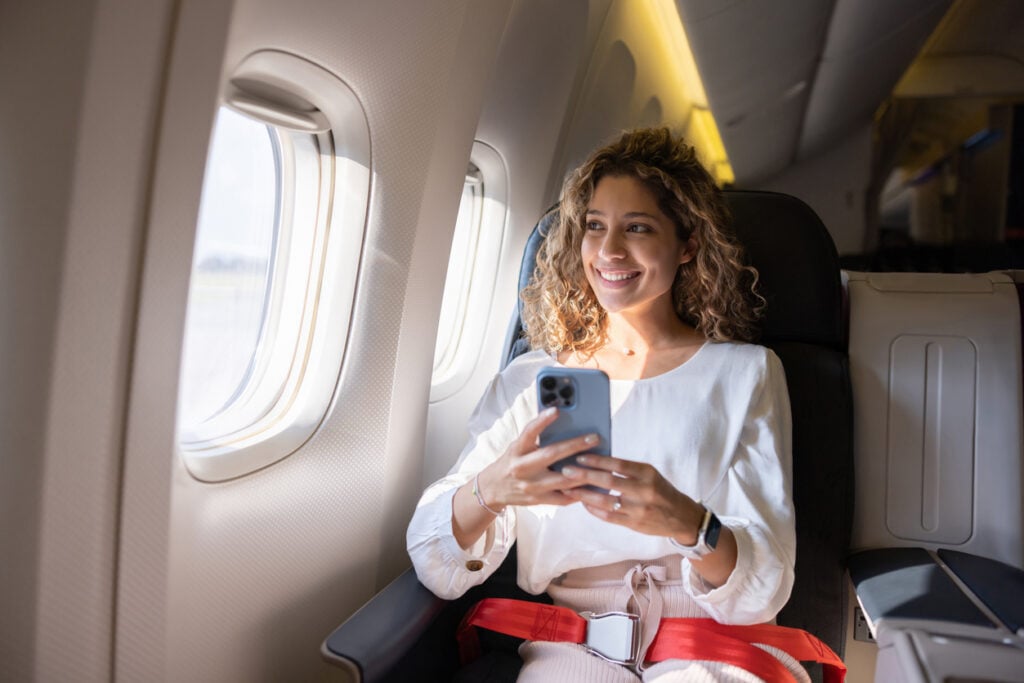
International roaming fees can be a nightmare, with some travelers unknowingly racking up hundreds of dollars in charges for basic internet use. Many assume their regular phone plan will work abroad, only to be hit with unexpected fees.
Instead of taking chances, find out if your destination has affordable SIM cards or if your carrier offers a reasonably priced international plan. Many cities have free Wi-Fi in public areas, and apps like Google Maps allow you to download offline maps in advance. Staying connected without breaking the bank is easier when you plan ahead.
7. How can I blend in and avoid looking like an obvious tourist?
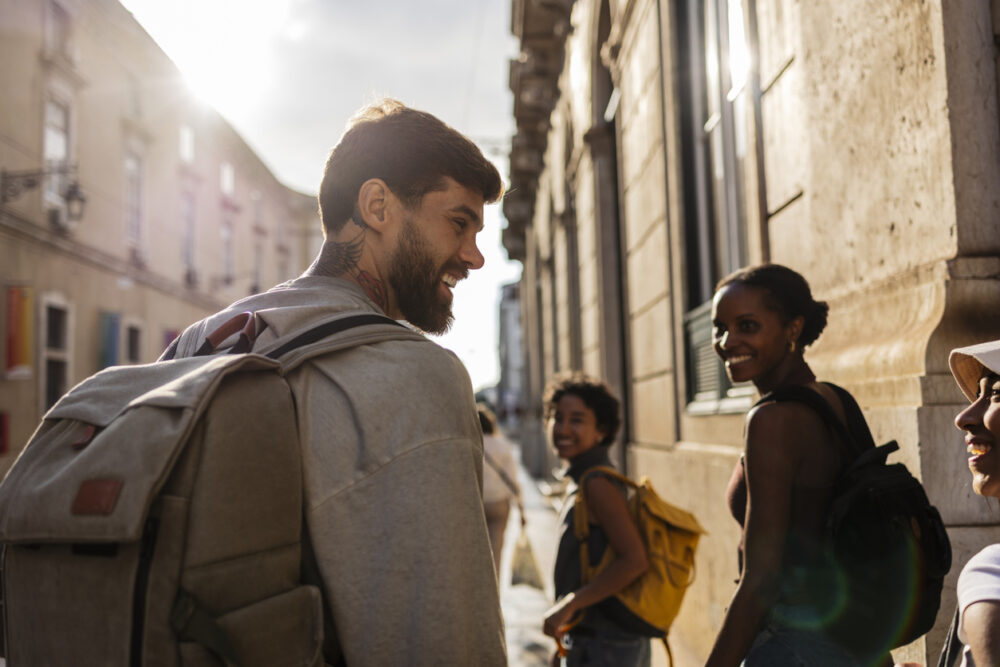
Sticking out as a tourist isn’t just about fashion—it can make you a target for scams, pickpocketing, and aggressive street vendors. Locals can usually spot visitors instantly, but a few small adjustments can help you blend in more easily.
Dressing in neutral, local-style clothing and avoiding things like oversized cameras, loud conversations, and tourist maps can help you attract less attention. Observing how locals behave—how they walk, interact, and dress—can also give you clues on how to navigate the area without standing out.
8. Where can I try authentic local food without getting sick?
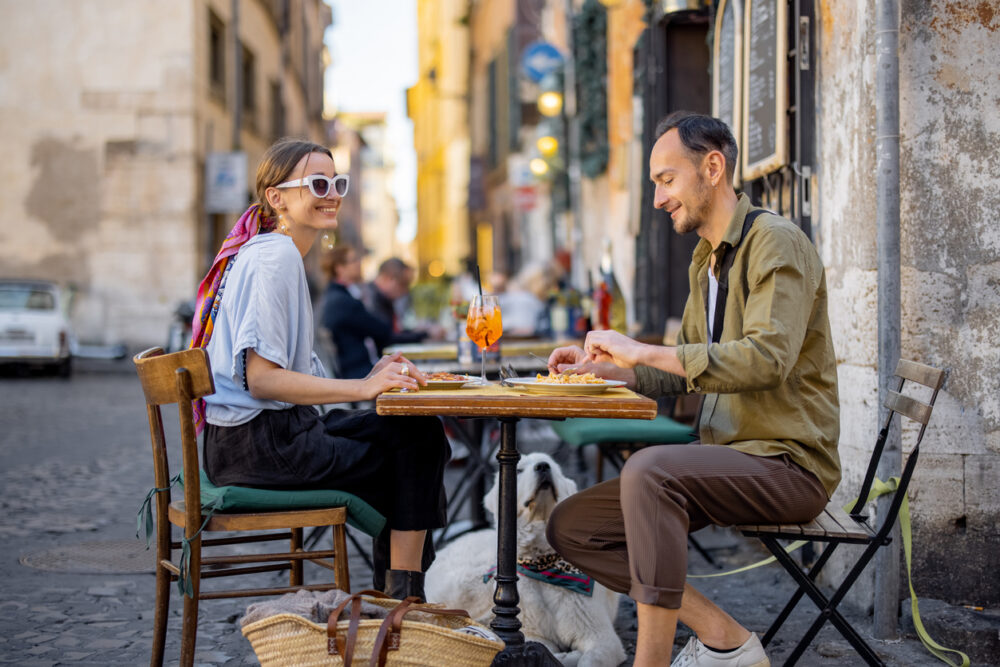
Food is one of the best parts of travel, but nothing ruins a trip faster than food poisoning. Street food, unfamiliar ingredients, and unhygienic food prep can all be risky if you don’t know what to look for.
Instead of avoiding street food altogether, ask locals for their recommendations or look for vendors with long lines—chances are, they have a strong reputation for safe, delicious food. Also, checking reviews for local restaurants and sticking to bottled water when necessary can help you enjoy the best flavors without the regret.
9. What’s the best way to handle tipping and service charges?

Tipping customs vary wildly between countries. In some places, tipping is expected and essential for service workers, while in others, it’s unnecessary or even considered rude. Assuming the wrong tipping culture can either offend someone or leave you spending more than you need to.
Before you travel, check whether tipping is standard in restaurants, taxis, and hotels. Some countries include service charges in the bill, while others rely on direct tips. Knowing this in advance ensures you’re respectful and don’t waste money out of confusion.
10. What should I do if I lose my passport, wallet, or phone?

Losing important documents or money abroad can be a nightmare, and panicking won’t help. Travelers who plan for worst-case scenarios handle these situations far better than those who assume it won’t happen to them.
Make digital and physical copies of important documents like your passport, travel insurance, and emergency contacts. Keep a small stash of backup cash in a separate bag, and know where your country’s embassy or consulate is located. If you have a plan in place, you’ll be able to recover quickly instead of letting a lost item ruin your trip.
11. What’s the best way to experience the local culture beyond tourist attractions?
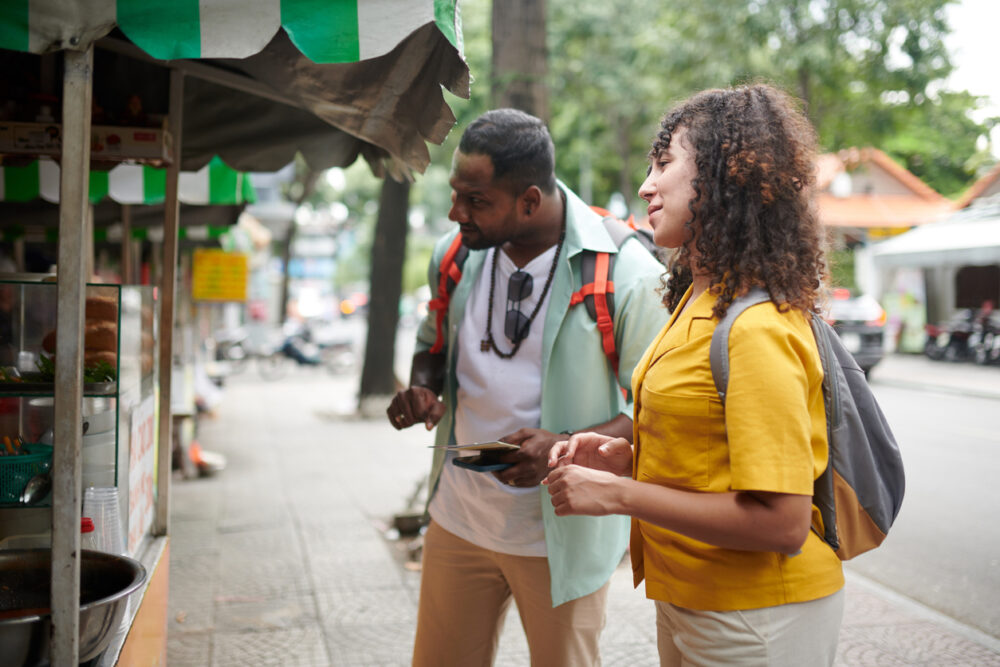
If all you do is visit major landmarks and take photos, you’re missing out on the deeper side of travel. The best experiences often come from connecting with local culture in meaningful ways.
Asking about local festivals, community events, or opportunities to engage with residents—like cooking classes, traditional craft workshops, or language exchanges—can turn an ordinary trip into something unforgettable. Instead of just seeing a place, you’ll truly experience it, making memories that go far beyond the typical tourist itinerary.
